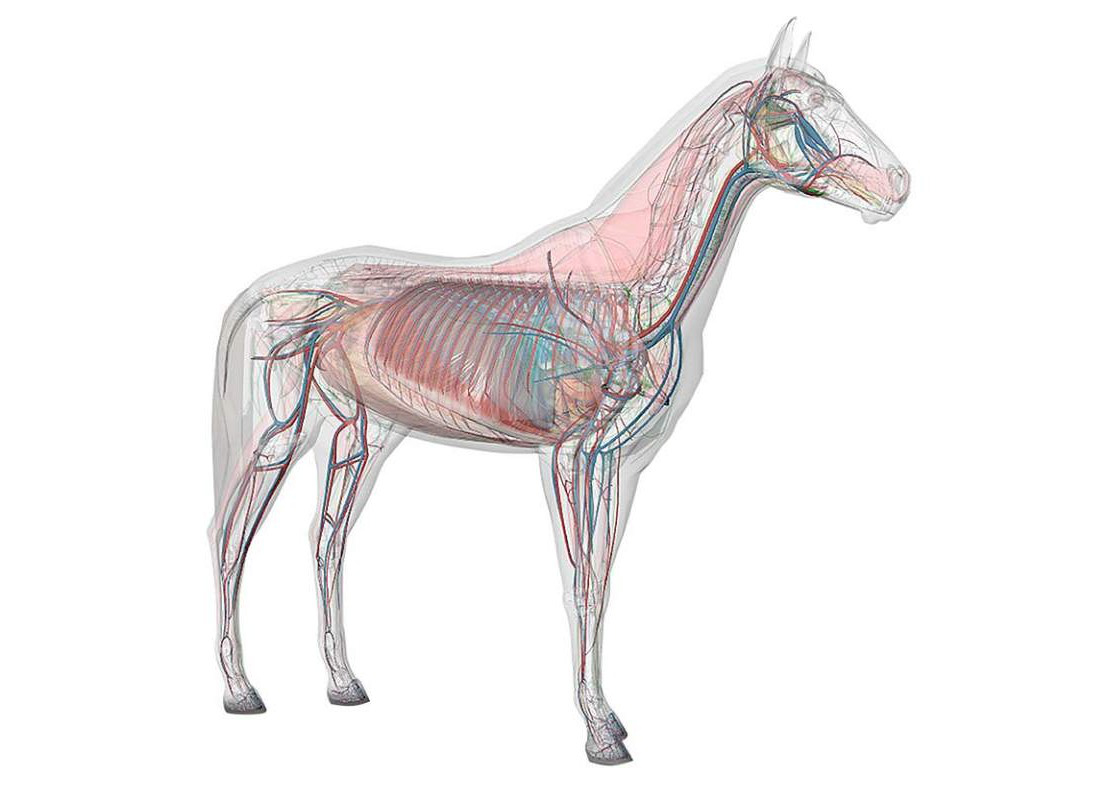COPD (Chronic Obstructive Pulmonary Disease) doesn’t just effect horses. All mammals, including humans, can suffer from this respiratory disease! That’s why Bedmax wants to raise awareness of the risks of dust this World COPD Day, and show you how to recognise if your horse is displaying or developing symptoms.
You may know that COPD is caused by an exposure to dust, moulds, and other air pollutants, which is why we started making our first dust-extracted Bedmax shavings back in 2000. But do you know the symptoms?
Laboured breathing is the most well-known sign of COPD, but it is important to know the others. Catching signs early is vital as COPD is a condition that can become permanent, compromising your horse’s future wellbeing and performance.
Clinical warning signs that a horse may be experiencing the onset of COPD include:
Reduced exercise tolerance
Is your horse not riding out their usual distance? Does the same time in the saddle seem more difficult for your horse? Horses need to inhale between 50 and 80 litres of oxygen in every breath when exercising, but if the airways are blocked or inflamed, their ability to take the amount of air they need will be reduced. If your horse begins to struggle with its usual exercise, COPD could be the cause.
Intermittent Cough
Does your horse cough at the beginning of the ride or during usual exercise? Mild symptoms such as an intermittent cough can be an early warning sign of developing COPD.
Heavy breathing
Is your horse making more effort to breathe even when standing? Heavier than usual inhales and forceful exhales each time they take a breath? Irritants such as dust and mould damage the small airways and stimulate mucus production and bronchoconstriction. This constriction produced in the lungs causes the horse to have to work harder to breathe, especially on expiration.
Rapid breathing
Do you notice an increased respiratory rate in your horse? Is your horse breathing faster than normal even without exercise? COPD means the lungs are inflamed and there is less space to take in oxygen. This means horses may have to breathe more frequently to get the 150 litres per minute they require even when standing still..
Nasal Discharge
Have you noticed a white nasal discharge that isn’t related to any other sickness? In longer term cases, nasal discharge can be a symptom of COPD. It is usually worse in the morning, while eating, or during exercise.
Increased expiratory effort
Is your horse heaving? This is when the abdominal muscles are used to force the air from the lungs. Horses with COPD have difficulty clearing their lungs of air before taking another breath so they use their abdominal muscles to assist. This helps to push air from the lungs, resulting in the characteristic “heaving” look of afflicted horses.
What can you do to help your horse?
- Lower the dust level in your horse’s living quarters by ensuring good ventilation. Everything that can be done to provide your horse with fresh, clean air will make a world of a difference to their breathing.
- Replace hay with alternative dust-extracted bedding like Bedmax pine shavings or Strawmax pellets to reduce the levels of airborne contaminants that can build up in the lungs and cause laboured breathing.
- Regularly do a deep stable clean when horses are out of the barn, eliminating dust from surfaces, stalls, feed buckets etc. Wet the floors to sweep away the dirt and reduce the generation of dust. Once finished, wait an hour before introducing stablemates back into the barn to let any remaining dust settle.
- Install a ceiling fan to keep air moving, or vents in the roof to make sure air is circulating all year round.
Horses diagnosed with COPD cannot fully recover from the disease, or ever become truly cured. That’s why taking every step to remove dust from the stable environment is the key strategy to both preventing and managing the condition.
Bedmax and Littlemax shavings are purpose-made to do just that. Screening and vacuuming out as much airborne dust from our shavings as physically possible has always been our top priority, and it always will be. Nothing is more important than your horse’s respiratory health, and we’re doing our best to help you safeguard your horse’s future and spread this vital message as widely as we can.




